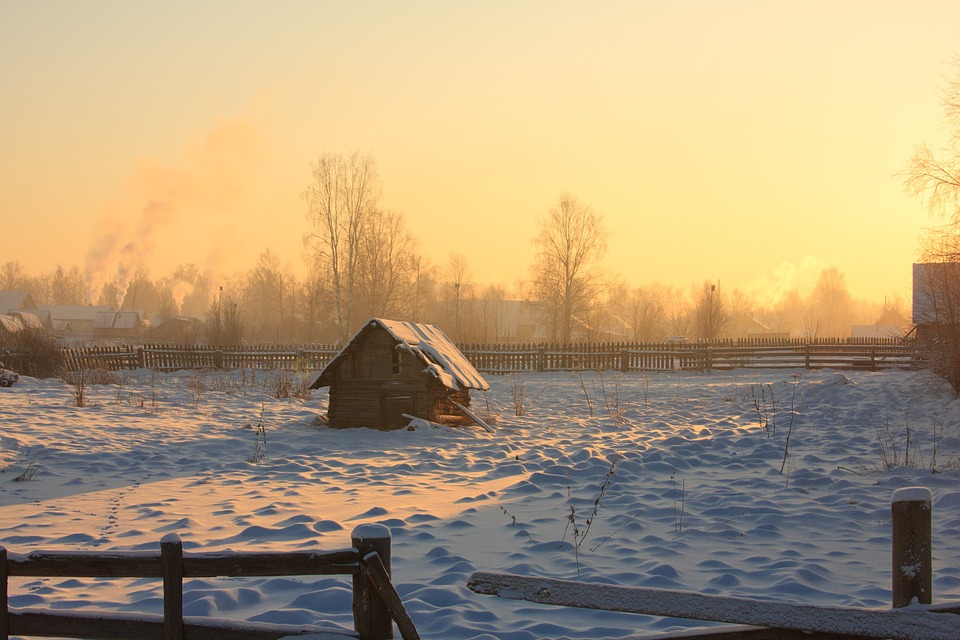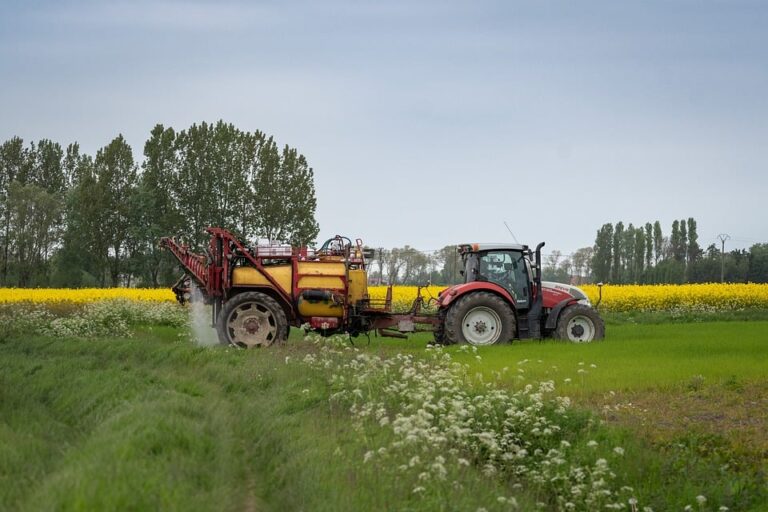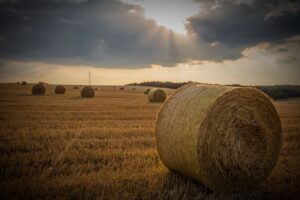Challenges in Russia’s Rural Economy
1. Depopulation and Aging Population
One of the major challenges facing Russia’s rural economy is depopulation and an aging population. Many young people are leaving rural areas in search of better job opportunities in urban areas or abroad, leading to a decline in the rural population. This trend has resulted in a shrinking workforce and a higher proportion of elderly residents in rural areas. The aging population presents challenges in terms of providing healthcare and social services, as well as a dwindling pool of workers to support the economy.
2. Lack of Infrastructure
Another challenge in Russia’s rural economy is the lack of basic infrastructure in many rural areas. Roads are often in poor condition, making it difficult to transport goods to market. Some rural areas lack access to electricity or clean water, hindering economic development and quality of life for residents. The lack of infrastructure also makes it difficult for businesses to establish themselves in rural areas, further limiting economic opportunities for residents.
3. Limited Access to Finance
Access to finance is a significant challenge for rural businesses in Russia. Many small businesses in rural areas struggle to secure loans or investments to start or expand their operations. This lack of access to finance hinders the growth of rural businesses and limits their ability to create jobs and contribute to the local economy. In addition, the high interest rates charged by banks further discourage rural entrepreneurs from seeking financial assistance.
4. Dependence on Agriculture
The rural economy in Russia is heavily dependent on agriculture, which can be a challenge due to factors such as fluctuating commodity prices, unpredictable weather patterns, and limited access to modern farming techniques. Many rural farmers struggle to compete with larger, more technologically advanced farms, leading to lower productivity and income levels. Dependence on agriculture also leaves the rural economy vulnerable to external factors such as trade disputes or global market trends.
Opportunities in Russia’s Rural Economy
1. Diversification of Industries
One opportunity for Russia’s rural economy is the diversification of industries beyond agriculture. By promoting the development of other sectors such as tourism, manufacturing, and renewable energy, rural areas can create new economic opportunities for residents and reduce their reliance on agriculture. Diversification can also attract investment and create a more stable economic base for rural communities.
2. Development of Infrastructure
Investing in infrastructure development is another important opportunity for Russia’s rural economy. Improving roads, bridges, and utilities can help connect rural areas to urban centers and international markets, making it easier for businesses to transport goods and access customers. Developing infrastructure can also attract new businesses to rural areas and create jobs for local residents, stimulating economic growth and improving quality of life.
3. Support for Small Businesses
Providing support for small businesses in rural areas is crucial for fostering economic growth and creating jobs. This can include offering financial assistance, technical training, and mentorship programs to help entrepreneurs start and expand their businesses. By supporting small businesses, rural communities can build a more resilient economy that is less dependent on external factors such as commodity prices or weather conditions.
4. Investment in Education and Training
Investing in education and training programs for rural residents is key to unlocking the potential of Russia’s rural economy. By providing access to quality education and vocational training, rural residents can acquire the skills needed to succeed in a competitive job market. This can help reduce unemployment rates, increase income levels, and improve overall economic development in rural areas.
Conclusion
In conclusion, Russia’s rural economy faces significant challenges such as depopulation, lack of infrastructure, limited access to finance, and dependence on agriculture. However, there are also opportunities for growth and development through diversification of industries, infrastructure development, support for small businesses, and investment in education and training. By addressing these challenges and seizing these opportunities, Russia can create a more vibrant and sustainable rural economy that benefits both residents and the overall economy. With the right policies and investments, Russia’s rural areas have the potential to thrive and contribute to the country’s economic prosperity.





